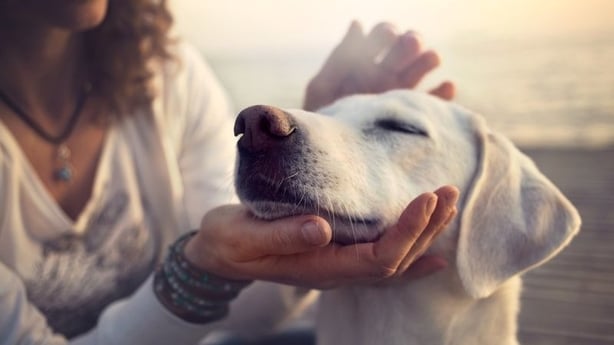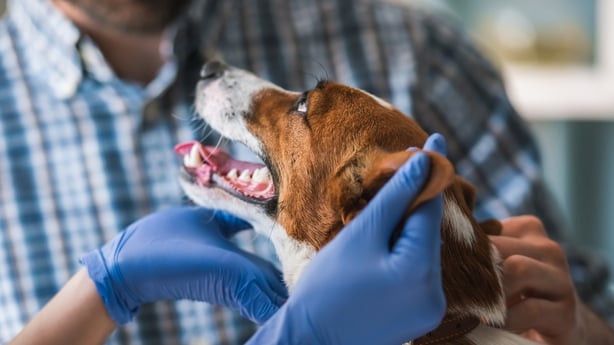The DSPCA is urging pet owners to engage in their training services to encourage responsible pet ownership as they have revealed 70% of all the dogs surrendered to DSPCA have behaviour issues that could have been solved if the owners took actions earlier.
Issues such as toilet training, play biting, coping with the addition of a new baby, and food aggression are commonly seen by the Dog Training Team.
The new push is targeting older pets as well as new pets received over Christmas as they are experiencing issues from all types.

Remember, having a well behaved dog is not only part of being a responsible pet owner but also can be fun for all the family.
The DSPCA and the DSPCA Dog Training Academy believe that prevention is better than cure and that training your dog at a young age or at the start of the relationship is vital.
With this in mind, they are offering a free behaviour advice to guide you through your issues and can recommend a customised training programme to suit your individual training requirements.

Last year, dog behaviour expert Samantha Rawson joined Ray D'Arcy on RTÉ Radio 1 to share some great advice for pet owners. You can read the full list of tips here.
- Children and dogs should never be left unsupervised no matter how well behaved the child or the dog.
- Teach children to give dogs space and keep their face away from the dog's face.
- Teach children never to follow a dog underneath something or behind something, especially if they have something in their mouth because that usually means 'I've won my prize so get lost and leave me alone'.
- Dogs do not hug or kiss. This is human behaviour. Dogs are animals not humans although they do have feelings. Children can hug and kiss their Teddy Bears who don't have feelings. Dogs lick their bottoms!
- A growl is a warning, and we should listen to the dog and respect their need for space. A growl means back off.
Note to adults: A growl should never be corrected as it is a warning system. Dogs will mostly only use aggression as a last resort.

